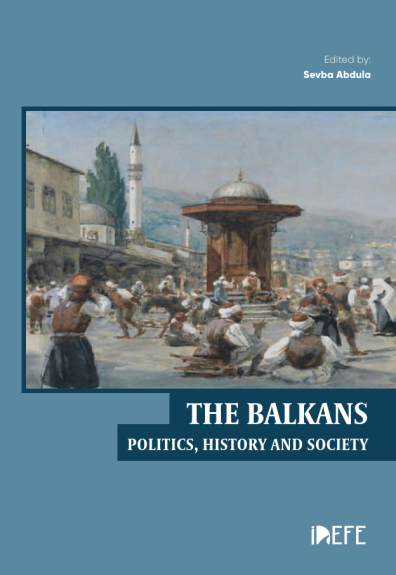Editorial Publishings
Albanians and Tafil Boletini Tribal School
Authors
-
Dr. Yunus GulerIndependent Researcher
Synopsis
Sultan Abdulhamid II’s policy to ensure governance in distant regions was roo-ted in Pan-Islamism, as a counter to Pan-Arabism, Pan-Germanism, and Pan-Sla-vism. The dispatch of the Qur’an to the Senusi sheikhs and the advocacy for the Tuaregs to rally around the caliph exemplify this policy. In the 19th century, the Western powers’ increasing interest in Africa and the Middle East, their imperial advances, and the significant defeat suffered by the Ottomans in the Russo-Tur-kish War prompted Abdulhamid II to adopt such a strategy. It was believed that the remaining Islamic territories could be safeguarded through this approach. Turkish historian Enver Ziya Karal elucidates the rationale behind the sultan’s adoption of this policy through four main points:
• Deterioration of Muslim-Christian relations,
• European intervention in favor of Ottoman Christians,
• The invasion of Islamic territories by European powers,
• The emergence of ideas supporting Islamic unity within the Islamic world.
Downloads
Publication Information
-
Publication TypeChapter
-
Volume
-
Pages333-346
-
Series
-
Series PositionResearch 9
Abdula, S. (Ed.). (n.d.). Albanians and Tafil Boletini Tribal School. In The Balkans Politics, History and Society: Vol. Research 9 (pp. 333-346). Idefe Publications. https://doi.org/10.51331/EB06.21YG
